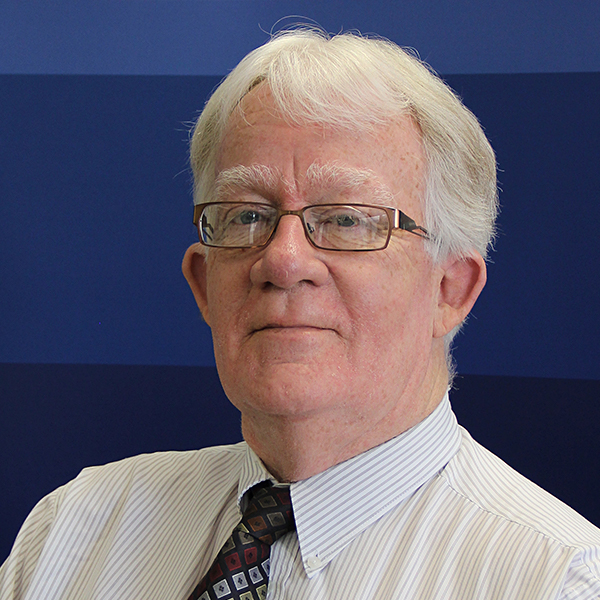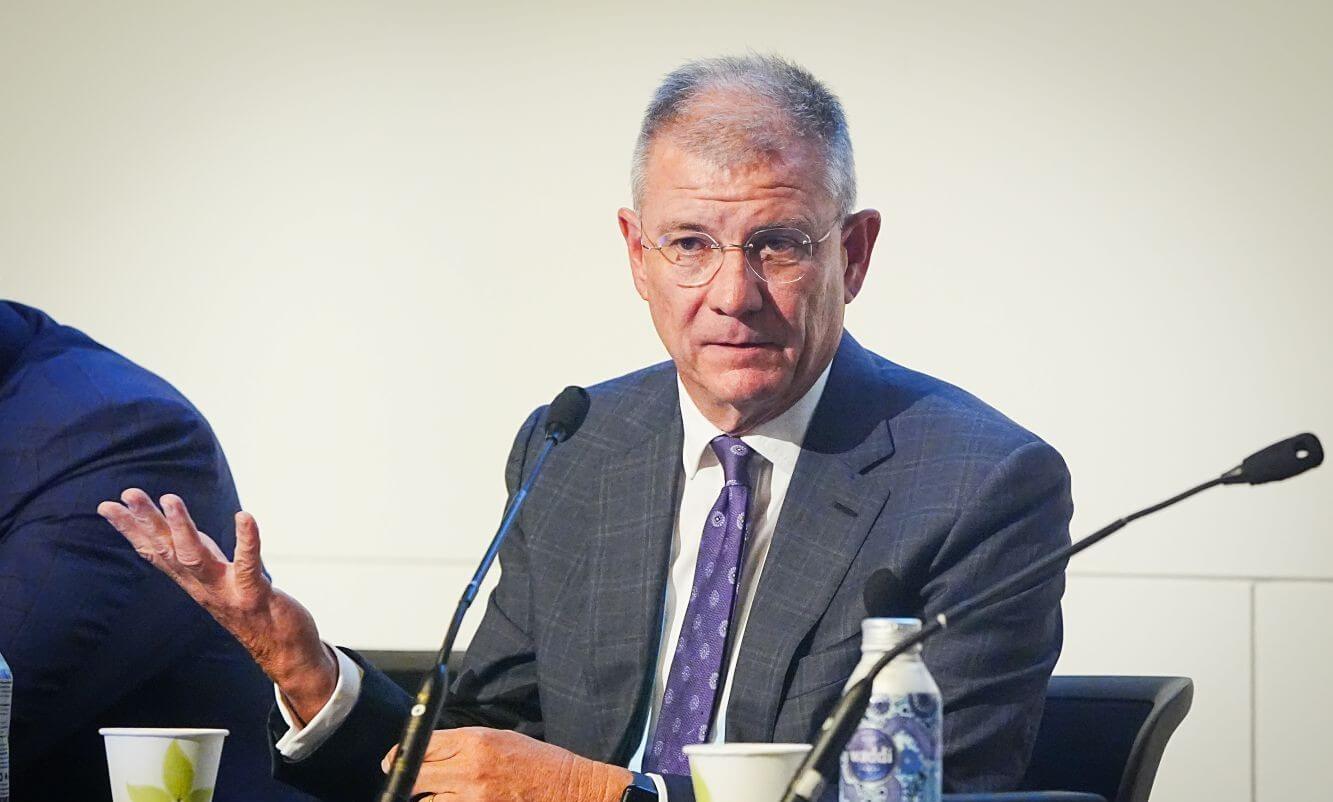Developing your advocacy skills is highly recommended for solicitors who are keen to further their careers.
But where do you begin? One suggestion would be attending a session at this year’s QLS Symposium called ‘Solicitor advocacy 101: How to make your mark’, one component of a pathway of sessions especially suited to early career lawyers.
Delivered by Kare Lawyers Legal Practitioner Director Kate Avery, this presentation will provide attendees with practical steps to develop their advocacy skills, as well as insights into what is likely to work effectively.
Kate, a QLS accredited specialist in personal injuries, says strong advocacy skills are always important for solicitors.
“These skills are transferrable between a variety of different roles that we take within our careers,” she said. “It is important for solicitors to be able to advocate for themselves in the workplace and, when they become employers, to advocate for the firm.
“It is also an important business skill in developing a practice, which is vital for solicitors who want to take on partnership or other leadership roles.”
Kate Avery
Ideally, good advocacy skills will come from on-the-job training.
“Some firms offer wonderful mentoring opportunities which encourage and permit solicitors to develop their advocacy skills; in my experience, there is nothing to match that,” Kate said. “Practical legal training can help, but true advocacy skills can only be developed when you have an interest in the outcome.
“Ideally, early career lawyers should have the opportunity of working with a senior solicitor for a long period of time on a file and then observing the way the senior solicitor manages the advocacy before trying it themselves.”
Kate says that, to become a competent solicitor advocate, it is critical that the solicitor is well versed with the file, the client and the issues that are likely to be in dispute.
“And confidence, or at least the ability to hide any insecurities that the solicitor may have about the case or their own ability, is important,” she said.
“Superhuman arrogance is annoying and not necessary, but tentative submissions are not convincing.”
With online settlements, conferences and mediations becoming increasingly common, it is more difficult to develop the vital relationships with other solicitors, counsel and our clients.
“Some insurers are insisting on participating by teleconference or videolink,” Kate said.
“It is possible for a solicitor to make their mark online, but I would still recommend meeting in person with those parties who can attend in person whenever possible.”
To learn more about solicitor advocacy and how to gain this skill, check out the details of Kate’s presentation at the QLS Symposium website.












Share this article